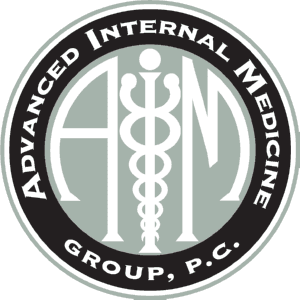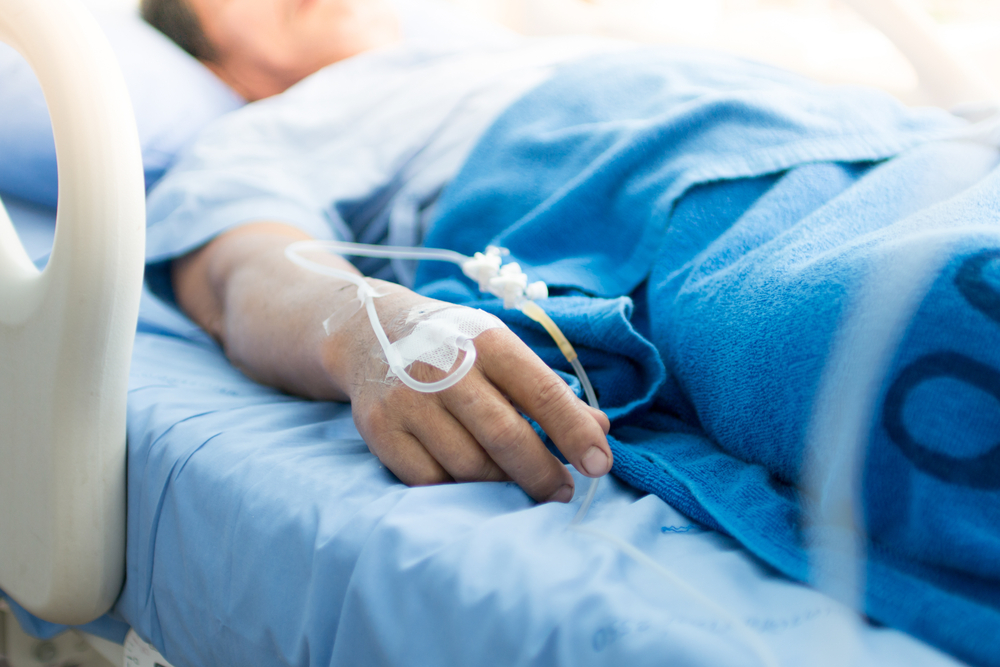If you’re wondering how to identify the signs of a stroke, learn how in this guide from AIM Group in East Hills, NY.
What Is A Stroke?
A stroke, sometimes referred to as a transient ischemic attack or cerebrovascular accident, occurs when the supply of blood to the brain is blocked. This blocks the brain from receiving oxygen and nutrients that it needs to survive. When the brain is unable to obtain oxygen and nutrients, the brain cells start to die in a matter of minutes. In addition, if sudden bleeding in the brain causes damage to the brain cells, it can also lead to a stroke.
A stroke is a medical emergency that can have serious consequences, such as brain damage, disability, and even death. Signs and symptoms of a stroke may include sudden weakness, numbness, or paralysis on one side of the face or body, a severe and sudden headache, vision problems, and difficulty speaking or understanding speech.
Prompt medical care is incredibly important when someone is having a stroke, and every minute counts. When a stroke occurs, it can have a severe impact on an individual’s ability to move, speak, eat, think, remember, control bodily functions such as their bladder and bowel, as well as regulate their emotions. This is because when brain cells die, the brain no longer has the capacity to perform these functions. It is important to note that a stroke can happen to anyone, regardless of age or lifestyle.
Who Is At Risk Of A Stroke?
Strokes are an unfortunately common occurrence. Globally, they are the second leading cause of death and in the United States, they are the fifth. Furthermore, they are a major contributor to disability worldwide. Although anyone can suffer a stroke, the risk increases with age, with two-thirds of strokes occurring in people over 65.
Those with certain medical conditions, such as high blood pressure (hypertension), high cholesterol (hyperlipidemia), Type 2 diabetes, and those with a history of stroke, heart attack or irregular heart rhythms like atrial fibrillation, are particularly susceptible.
What Are Symptoms Of A Stroke?
If you or someone you are with may be having a stroke, it is important to pay attention to the time the symptoms began. Certain treatments are most successful if given soon after a stroke starts. Some of the signs and symptoms of stroke include difficulty speaking or understanding what others are saying, numbing or paralysis in the face, arm, or leg, vision issues in one or both eyes, a sudden and severe headache accompanied by vomiting, dizziness, or altered consciousness, and trouble walking, such as stumbling or losing balance.
How Can You Think And Act FAST?
Remember the acronym FAST to easily spot the signs of a stroke. If you notice any of these symptoms, it’s important that you call 911 right away. FAST stands for:
- Face drooping. If someone is experiencing a stroke, you may notice that their smile is uneven. If there is a droop on one or both sides of the face, this may be an indication of muscle weakness or paralysis.
- Arm weakness. One arm may appear to be weak or numb if a person is experiencing a stroke. Should they raise both their arms, one arm may drift downward.
- Speech difficulty. Strokes can affect someone’s ability to speak. Someone may demonstrate slurred speech, difficulty speaking, or have trouble repeating a simple sentence.
- Time to call 911. If someone demonstrates any of these symptoms, call 911 right away, even if any or all of these symptoms go away. It is important to get prompt care and make a note of what time these symptoms first appeared.
How Is A Stroke Treated?
If you or a loved one experience a stroke, your healthcare provider will develop a care plan tailored to you, taking into account your age, overall health, and prior medical history; the type and severity of stroke you had; the specific area of your brain affected; what caused the stroke; the efficacy of various medications, treatments, and therapies; and your personal preferences. Unfortunately, stroke is an irreversible condition, though a variety of modern medical and surgical treatments can reduce the risk of subsequent strokes.
At Advanced Internal Medical Group in East Hills, NY we have 40 years of experience minimizing pain with over 20 services in primary care, house call appointments, and other services related to arthritis. To learn more about any of our services, call 516-352-8100 to speak with one of our team members.

